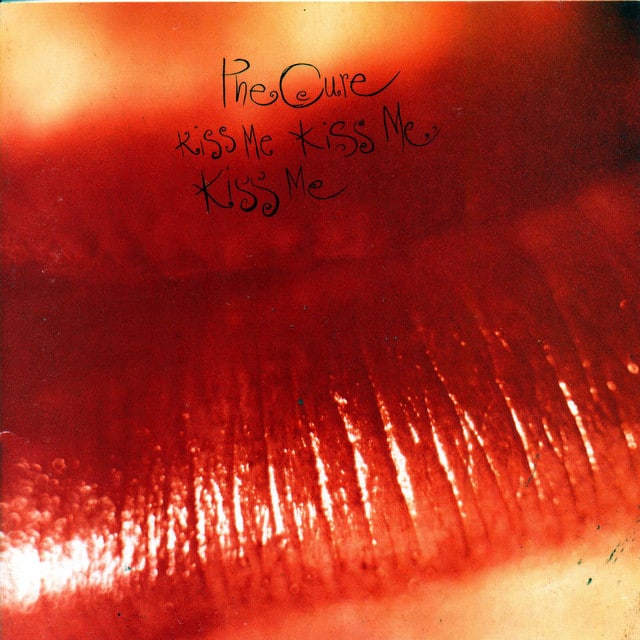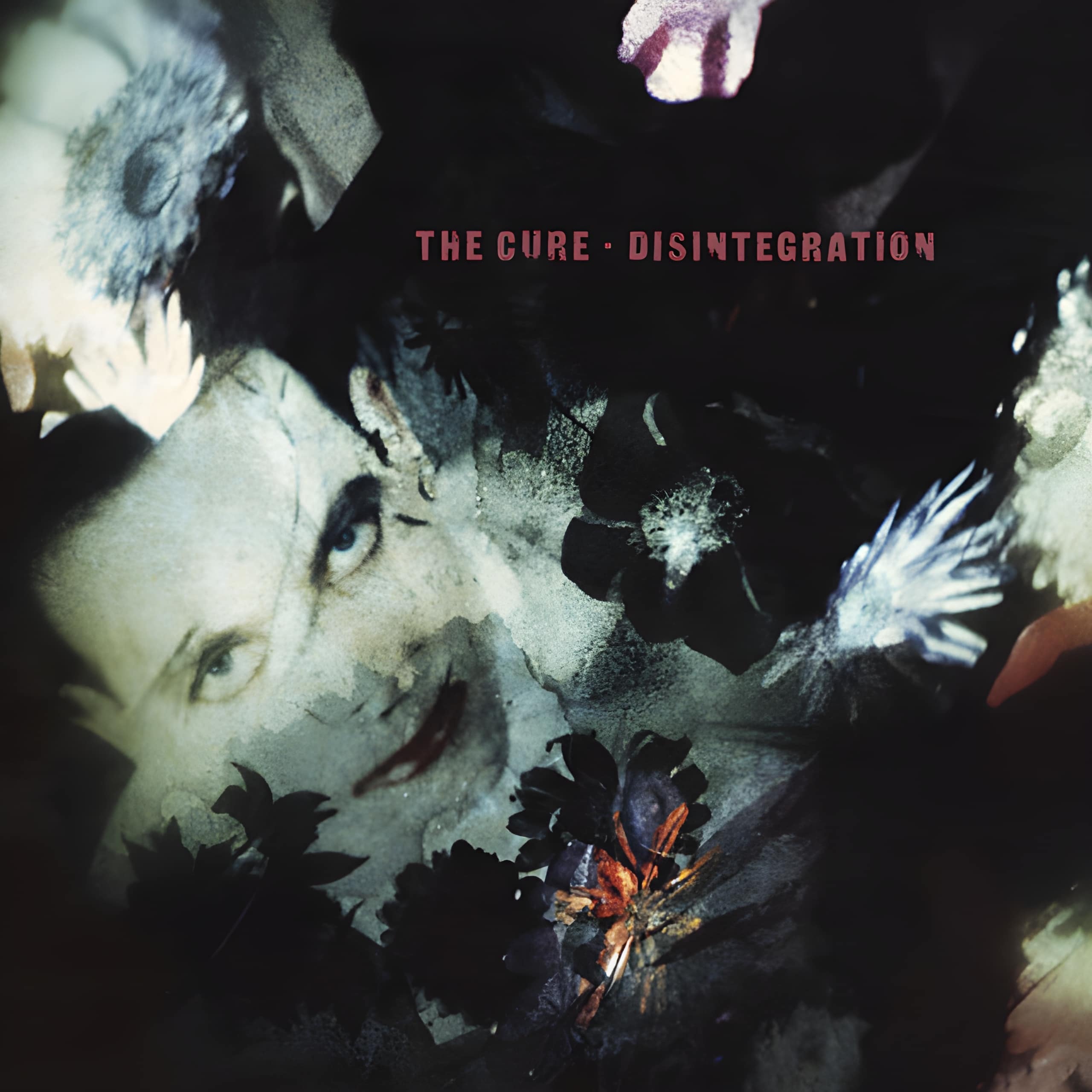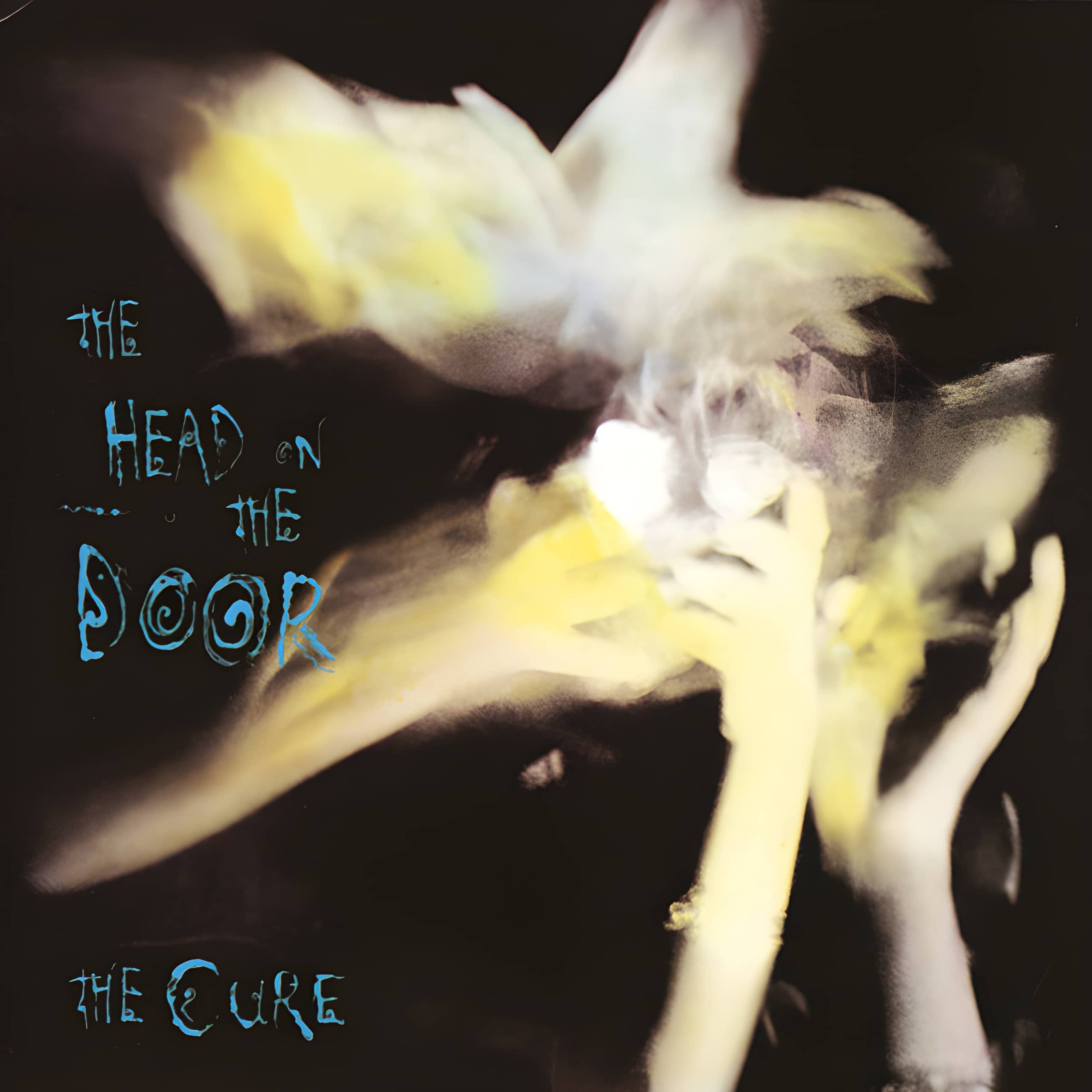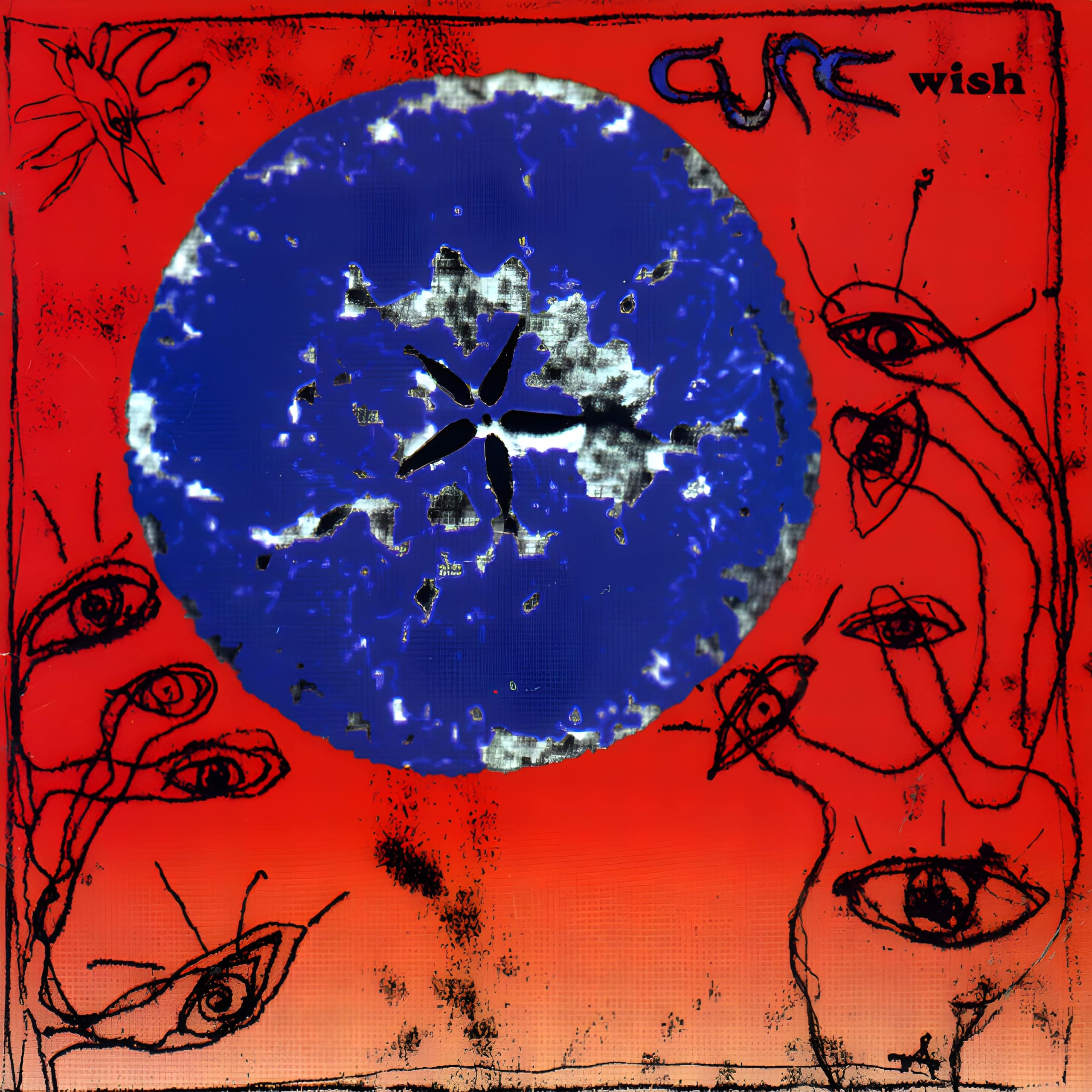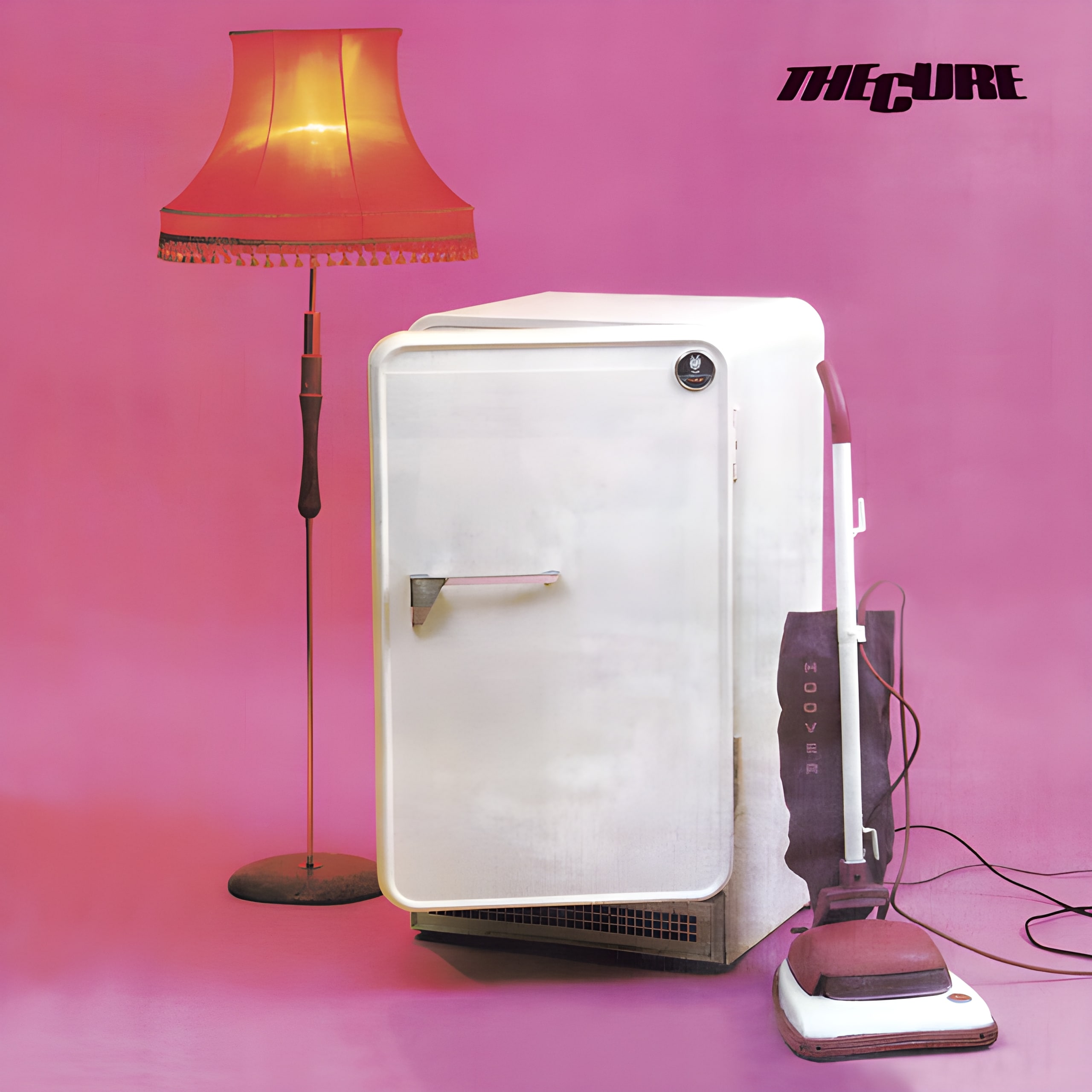Released: 1987
“Just Like Heaven” by The Cure is a masterful exploration of love, desire, and the ephemeral nature of happiness. It uses vivid imagery and metaphors to capture a moment of intense emotional and physical connection between two people, while also hinting at the pain of loss and separation. This breakdown will help you navigate the layers of its lyrical content, unearthing the deeper meanings hidden within its seemingly straightforward verses.
The song kicks off with a playful invitation, “Show me, show me, show me, how you do that trick.” This opening line sets the stage for a narrative driven by intense fascination and longing. The “trick” here is metaphorical, representing the other person’s unique ability to spark joy and laughter, to elicit an emotional response so powerful it feels like magic. The repetition of “show me” emphasizes eagerness and a deep desire to connect and understand this almost mystical power they hold.
“Spinning on that dizzy edge” vividly captures the intoxicating rush of new love, a sensation akin to being on the brink of losing control, yet fully embracing it. The act of kissing her face and head is a tender and intimate gesture, symbolizing a deep affection and the desire to make her “glow,” to bring her true happiness and fulfillment. The question “Why are you so far away?” reveals a sense of distance or longing within this relationship, perhaps indicating emotional unavailability or a literal separation between them.
The chorus, with its repetition of “You, Soft and only, You, Lost and lonely, You, Strange as angels,” elevates the object of the singer’s affection to an almost ethereal status. Here, the beloved is depicted as angelic but also as vulnerable—”lost and lonely.” This duality adds depth to their character, suggesting that their appeal lies in both their otherworldly qualities and their relatable human frailties. The line “Dancing in the deepest oceans, Twisting in the water, You’re just like a dream” continues this theme, comparing their essence to something beautiful and elusive, a dreamlike presence that’s both captivating and slightly beyond reach.
The transition to daylight in the subsequent verse, “Daylight licked me into shape,” signifies a rude awakening from this dreamlike state. The imagery here is powerful; the daylight personified as a force that shapes and awakens the speaker, suggesting a return to reality and consciousness. The realization that follows, “And found myself alone, Alone, Alone above a raging sea,” is stark and jarring. This sea metaphorically represents the tumultuous emotions and the sense of isolation felt after the loss of the loved one, who is described as “the only girl I loved” and “drowned her deep inside of me.”
In the culmination of the song, the repetition of “You, Soft and only, You, Lost and lonely, You, Just like heaven” serves as a poignant reminder of the dual nature of love. It’s both heavenly, in its ability to provide joy and connection, and heartbreakingly transient. The loved one is memorialized in the singer’s memory as an ideal, a dream that brought light to their life, yet whose absence leaves them adrift in a sea of loneliness and longing.
“Just Like Heaven” by The Cure stands as a poetic testament to the beauty and pain of love. It delves into the complexity of human emotions, capturing the bliss of connection and the despair of loss with a raw sincerity that resonates deeply. The song’s lyrical depth, coupled with its infectious melody, secures its place as a timeless classic in the realm of rock music.
